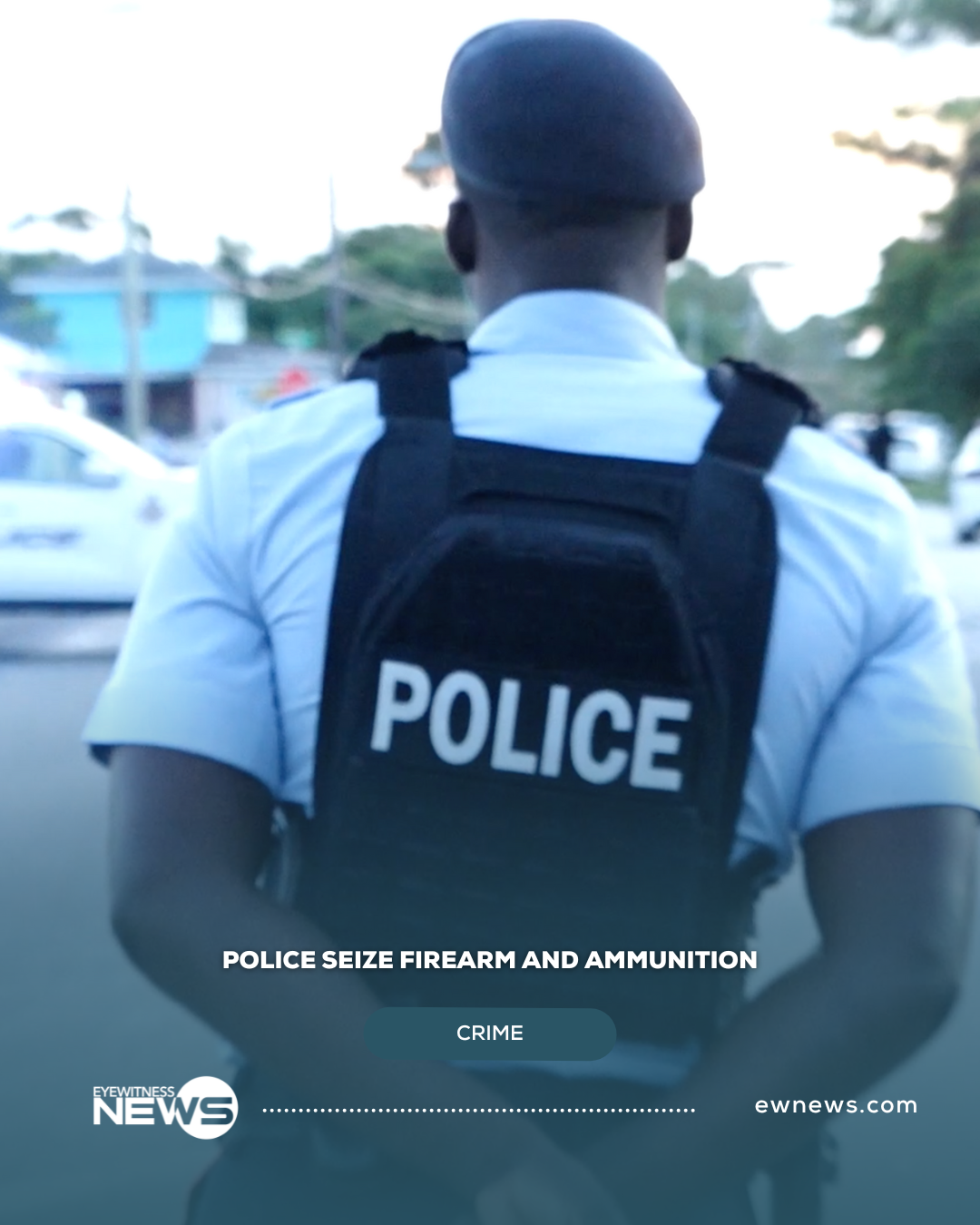NASSAU, BAHAMAS — Health officials have maintained their recommendation that all people entering The Bahamas must be tested prior to entry, said Deputy Chief Medical Officer Dr. Delon Brennen yesterday.
In an interview with Eyewitness News, Brennen noted that while a final decision has not been made on entry protocols, the country must be very vigilant about the way it incrementally opens its borders.
The first phase of the government’s tourism reopening began yesterday, with stakeholders testing the market, as the country moves towards officially reopening to international commercial travel on July 1.
“What we have right now is that for everyone who comes in the country, they need to be tested and that is the current position and that’s the position we support,” Brennan said.
He noted that their position would have to be considered when determining the timing and particulars behind people not needing to be tested to come to the country,
“We would have to see when our position would change to a position where what is the timing behind people not needing to be tested to come to the country.
“…but as of right now, our recommendation is that persons be tested prior to arriving – both Bahamians and non-Bahamians.”
Brennen’s comments come amid widespread concerns raised over the testing protocol for travelers once the country full reopens.
To date, there have been 104 confirmed COVID-19 cases in The Bahamas – 82 on New Providence, eight on Grand Bahama, 13 on Bimini, and one in Cat Cay.
The last case – confirmed on Sunday – was a 66-year-old man with a history of travel.
Brennen advised that the man had traveled to the United States in recent weeks. He however could not confirm if the man was among those who traveled during the government’s “repatriation” exercises.
He explained that at this point in The Bahamas’ COVID-19 fight, cases that happen in the country are likely to be imported cases.
We expect that our cases that happen in the country at this point are likely to be imported cases
“As we have been seeing around the world in countries where they essentially arrested community transmission; their new cases tend to come up due to imported persons who are coming into the country,” Brennan said.
“This is expected for us, and I think it shows that we are paying attention to our surveillance, our contact tracing, and being able to pick up cases quickly, to make sure that we don’t end up with issues of further community spread once we pick up new cases.”
Asked about the matter, Brennen said: “We have to make sure that we pay attention to who’s coming into the country, we have the appropriate information so that we can do contact tracing. When testing is needed we need to make sure that it is in place, and that we have the capacities to house a person in healthcare institutions if and when that is necessary as well, to make sure we don’t promulgate additional community spread when we do pick up cases, as we do expect that we will pick up cases.”
In recent days, there has been rising fear over a possible resurgence of the virus in Beijing, China. The Chinese capital has recorded 79 new cases since July 12 – the first locally transmitted infection confirmed in nearly two months. Chinese officials have reintroduced strict lockdown measures and rolling out mass testing.
Officials indicate that the cases are linked to Xinfadi market in the southwest of the city, which supplies most of the capital’s fresh fruit and vegetables.
So far, some 2,285 tests have been conducted in the country.


















